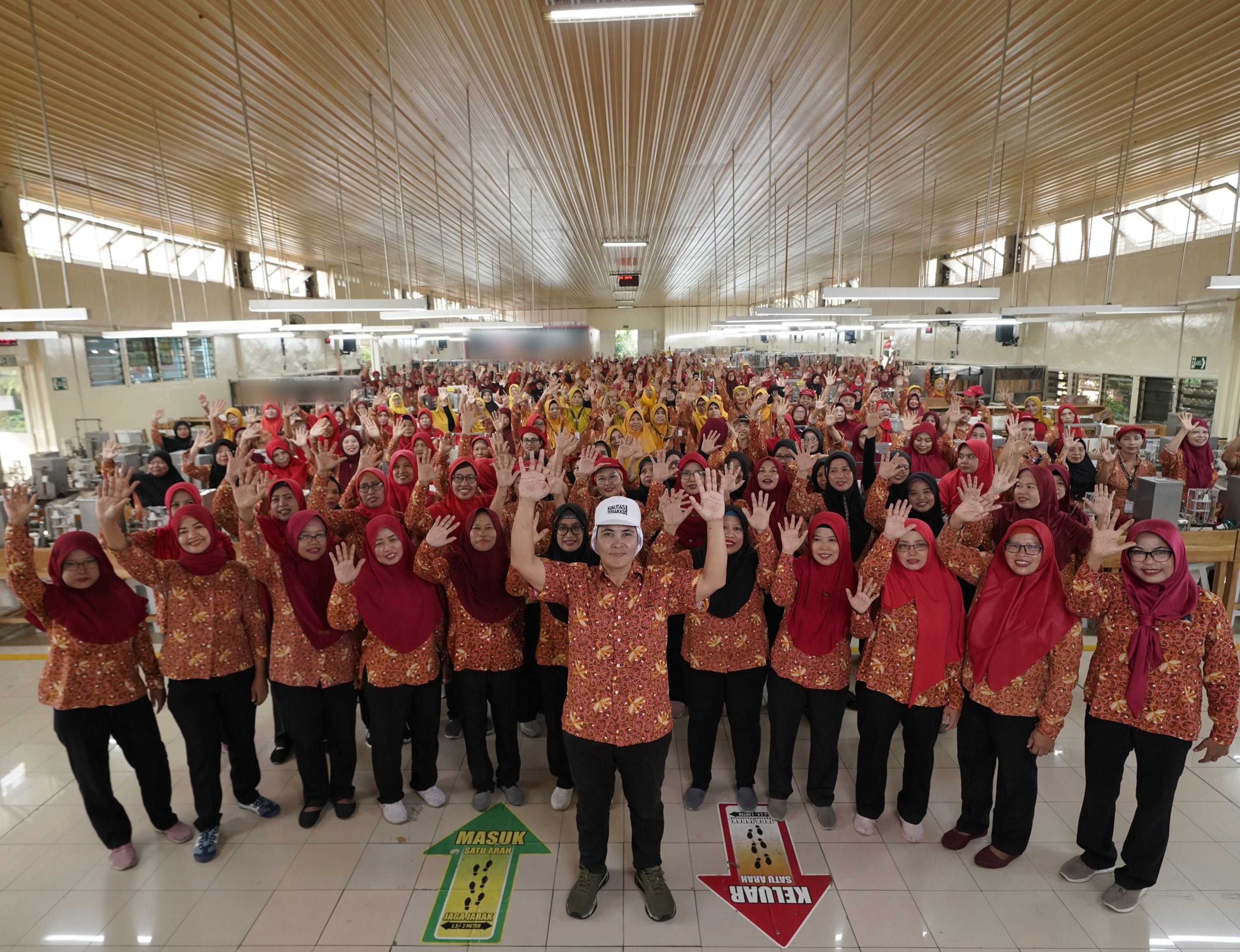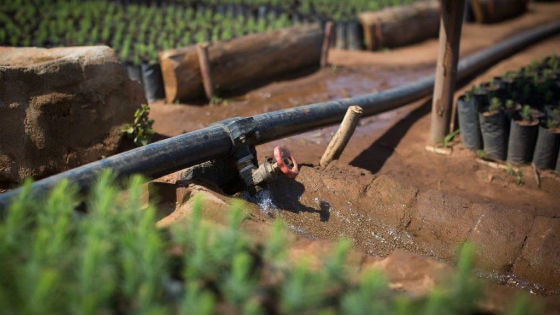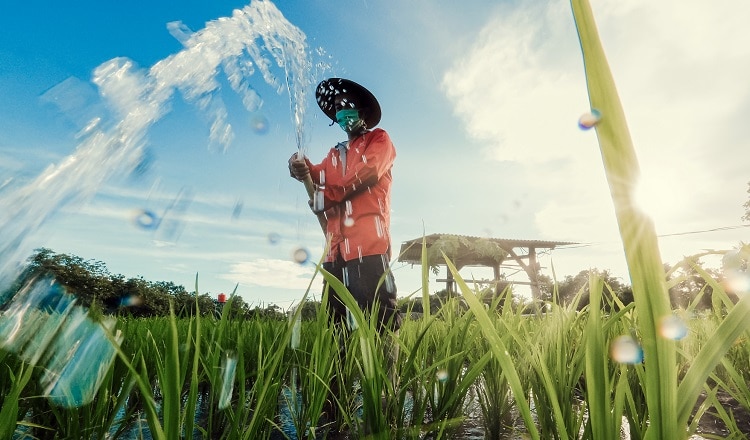To strengthen our due diligence framework, proactively identify risks, and mitigate potential adverse impacts in our operations and value chain, we set the target to conduct ten human rights impact assessments (HRIAs) in our highest-risk countries by 2025. In 2024, we partnered with Article One to carry out our tenth country-level human rights impact assessment (HRIA) in Indonesia. Through this assessment, we successfully met our aspiration one year ahead of schedule.
The scope of this assessment was PT Hanjaya Mandala Sampoerna Tbk (Sampoerna) and covered the head office in Surabaya and a regional office in Jakarta, commercial teams from a Representative Sales Office, a clove supplier, the smallholder farms and its workers, a direct materials supplier, owned manufacturing facilities in Rungkut and Karawang, a selection of Third Party Operator manufacturing facilities (TPOs), and third party vendor’s employees at IQOS stores. This was the first of our country-level HRIAs to involve engagement at a direct materials supplier and in the clove supply chain. This supply chain is unique for Sampoerna value chain when compared with other PMI markets, given that cloves are an ingredient in ‘Kretek,’ by far the most popular type of cigarette in Indonesia. The leaf supply chain was not included in the scope of this HRIA as PMI completed a Control Union assessment covering the leaf supply chain in 2022.
Consistent with the approach we implement in all our HRIAs, Sampoerna management team in Indonesia developed a corrective action plan to address the risks and issues identified. The Sampoerna team will evaluate progress against its planned commitments at least twice a year and report to the global human rights team on implementation over the next months.
The HRIA methodology
The HRIA built on previous country-level HRIAs and combined desktop research with remote and in-person interviews and focus groups.
As part of the desktop research, Article One reviewed documentation provided by Sampoerna as well as credible independent human rights risk reports relating to Indonesia. To supplement this research, Article One engaged with external stakeholders with expertise on human rights in Indonesia. All of this research helped surface an initial assessment of country-level human rights risks.
To further understand the context in which Sampoerna operates, our external advisors reviewed PMI’s group-wide policies and disclosures, along with local Sampoerna policies, and carried out remote interviews with key functional leaders in Sampoerna across multiple business functions. This was supplemented by remote interviews with several managers at suppliers. All of these steps enabled our external advisors to prepare for the in-country visit.
During the in-country visit, Article One focused on direct engagement through focus groups and interviews with rightsholders across Sampoerna’s value chain within the scope of this assessment. In conducting all focus groups and interviews, our external advisors ensured that participants understood it was a safe space for discussion and that everything they said would be kept confidential and anonimous. Independent translators with knowledge of regional dialects assisted our external advisors and focus group participants.
Over 300 rightsholders engaged
This HRIA in Indonesia involved a high level of stakeholder engagement with more than 300 participants. Focus group participants exhibited comfort speaking openly and raising issues without fearing any negative consequences or retaliation. The assessment illustrates the value of listening to our rightsholders and engaging directly with them. Throughout all engagement in the assessment (interviews and focus groups), there was near equal gender representation among stakeholders, with 48% being men and 52% being women. Balanced engagement assists us to ensure that the actions we will implement in the subsequent action plan are gender responsive.
Overview of the outcomes
The assessment methodology described above allowed the surfacing of key areas of risk and strength, which are summarized below.
The following are a selection of the key strengths identified by Article One in this assessment:
- Recruitment and retention: Sampoerna employees at headquarters and representative offices highlighted a transparent and responsive recruitment process and better benefit packages offered by Sampoerna. Employees and third-party workers in these offices noted a high retention rate.
- Health and safety: Employees and third-party workers at Sampoerna manufacturing facilities described rigorous health and safety protocols. Assessors reported that Sampoerna manufacturing facilities were well-organized, brightly lit, properly ventilated and free from excessive heat or dust.
- On Site Support: Employees and third-party workers at Sampoerna manufacturing facilities shared that they value the various benefits which are available, including maternity support, lactation rooms, health clinics, sports classes and volunteering clubs. Similarly, workers at Third Party Operator (TPOs) manufacturing facilities shared that they value the support available at their place of work, including free polyclinics in collaboration with national insurance and free medical check, saving option through cooperative, learning opportunities and retirement preparation programs.
- Support for Clove Farmers: Clove farmers shared that they appreciate the trainings and ongoing support offered by the clove supplier to farmers.
The assessment also surfaced key areas of risk. Below, we summarize some of these risks by area of the value chain, as well as priority corrective actions that Sampoerna will implement over the next months as part of its comprehensive corrective action plan.
Sampoerna’s headquarters and representative offices:
Some employees in Jakarta, shared concerns about long commute times that can exacerbate fatigue and shared that they value the possibility of a flexible approach to hybrid working within Sampoerna. As a part of its corrective action plan, Sampoerna management will strengthen the importance of work life balance and how to achieve it in their communications to employees, including through its regular Townhall meetings. These messages will also be cascaded to people managers on work life balance and how they can best support their teams.
Sampoerna’s own manufacturing sites:
Assessors visited a selection of Sampoerna’s own manufacturing sites where hand rolling, machine-made, and smoke-free consumables manufacturing facility were based. In hand-rolled facilities, workers expressed appreciation for the opportunity to work overtime hours which are offered from time to time on a voluntary basis. Sampoerna’s operational team will continue to reinforce health and safety practices, and will continue to educate commuting workers about the associated risks, including fatigue, through radio campaigns, health ambassadors, and consultations with the inhouse company doctor. Sampoerna will also monitor trends through monthly safety committee meetings and request third party vendors at Sampoerna owned manufacturing sites to organize awareness sessions on these topics for their employees.
Employees shared their perception that there are fewer women working in the manufacturing particularly in machine-made production. To address this, Sampoerna will reinforce the consideration of diversity and inclusion in its hiring and retention processes for female employees.
Third Party Operator (TPOs) manufacturing facilities:
A notable feature of PMI’s footprint in Indonesia is the Third Party Operators(TPOs) in which many thousands of workers roll conventional cigarettes using manual, hand-operated tools. Most workers in these TPOs are women. For this assessment, our external assessors engaged with three TPOs across different regions and of varying maturity. Certain workers across two of the sampled TPOs shared their concerns about inflation and the importance that wages are keeping up with rising costs. To address these concerns, Sampoerna will continue to engage with the TPOs to ensure that they regularly review and benchmark their local wages local wage regulations and adapt accordingly.
In addition, workers at one of the TPOs visited shared that formal anonymous grievance mechanisms were not available. To address this Sampoerna has been working with the relevant TPO to remind them of the requirement to operate an anonymous grievance channel and to support them in setting up such mechanism, in alignment with PMI’s Responsible Sourcing Principles (RSPs).
Sampoerna commercial teams and third-party IQOS retail workers:
Some employees in commercial teams have expressed concerns in work-life balance. As part of the corrective action plan, Sampoerna will actively monitor work hours and remind the supervisors that employees should be encouraged to take time off in lieu of working evening events and weekends.
Direct materials supplier
Workers welcomed the additional income from working overtime but shared that the frequency of overtime can occasionally interrupt personal plans. Sampoerna will continue to engage with the direct materials supplier that took part in this assessment on the expectations in PMI’s RSPs.
Clove Supplier, Farmers and Workers:
Farmers and workers shared their concerns over the short harvest season and the volatility of the price of clove. However, for all farmers engaged, clove farming serves as a supplementary source of income alongside other agricultural activities and other occupations . As a part of its corrective action plan, Sampoerna will support the development and implementation of training programs on financial literacy.
Farmers and workers also acknowledged the inherent safety risks from harvesting clove, reporting that they typically use home-made traditional harnesses beside the one provided to the farmer by the supplier. Sampoerna will support suppliers in enhancing practices on a safe working environment, including by organizing an assessment that will provide insights into the effectiveness of the currently provided tools, as well as the traditional harness, and will aim to develop improved tools or solutions in terms of effectiveness and practicality.
Acting on our findings
As with the implementation of all PMI’s HRIA action plan, the Sampoerna team will evaluate the progress of implementation of its action plan twice a year and report to the global team. We will continue to work with Sampoerna team to promote human rights in operations, sales activities and throughout the supply chain.





